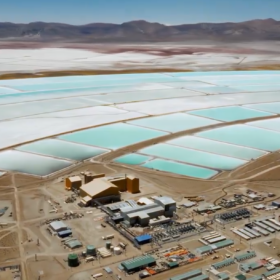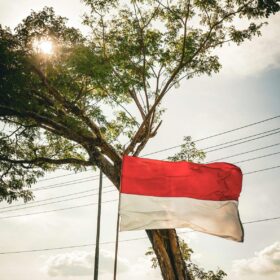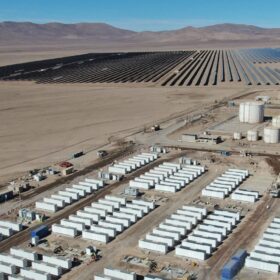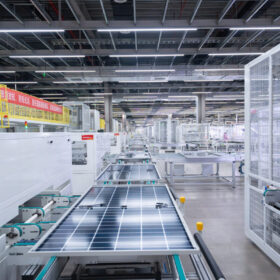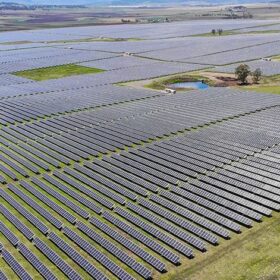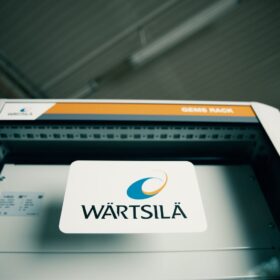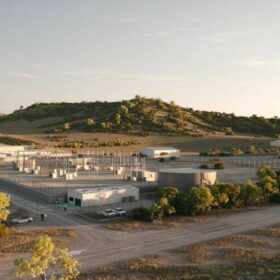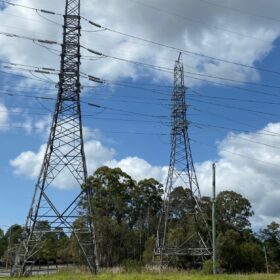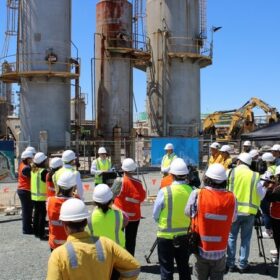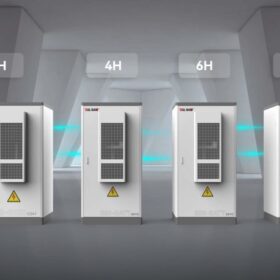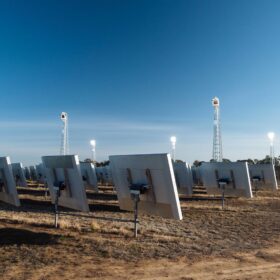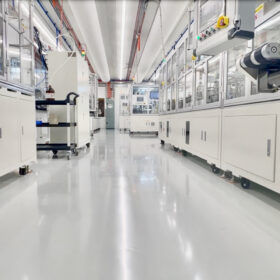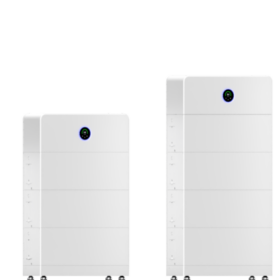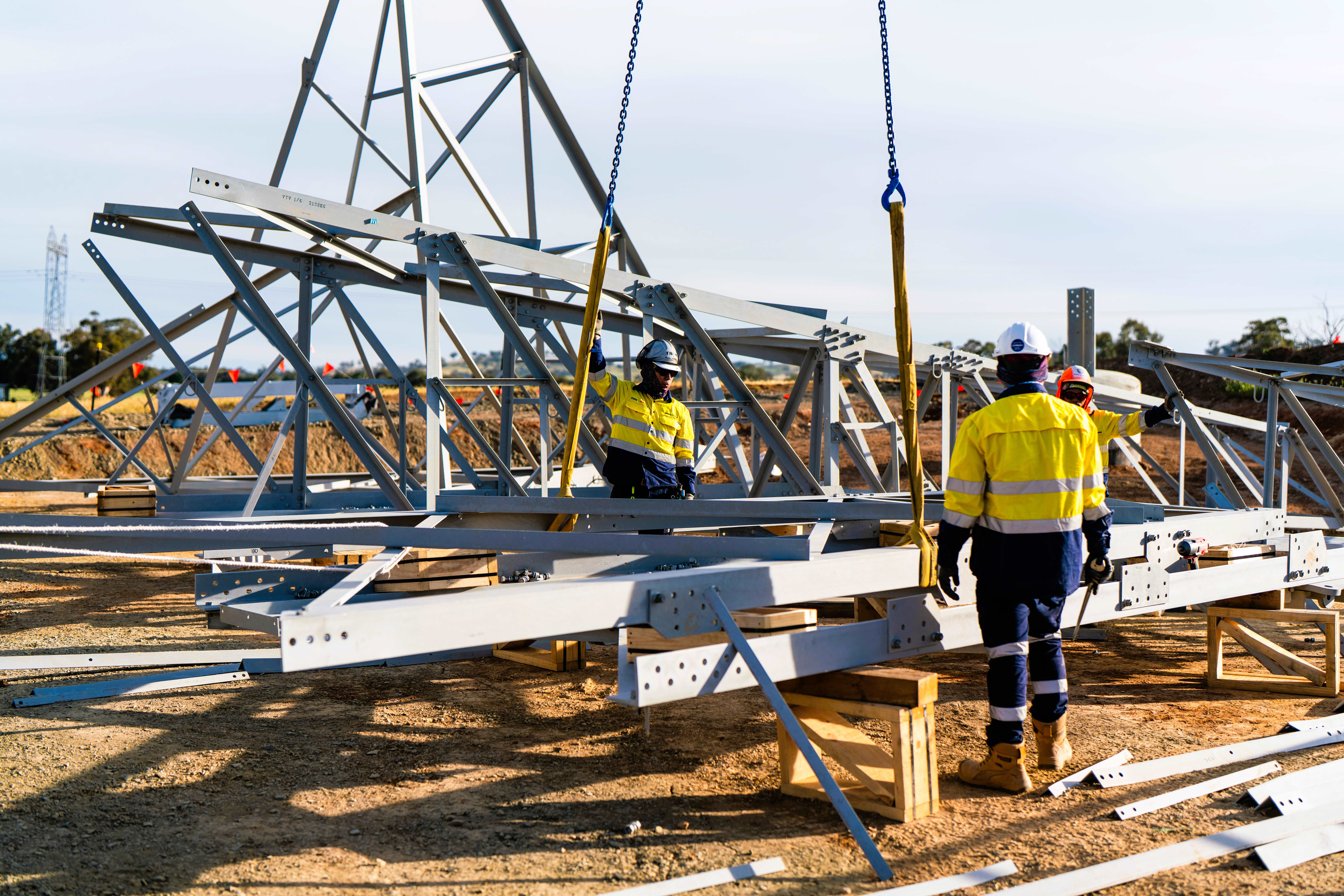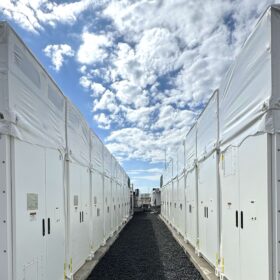Breaththrough technology cuts lithium extraction costs, boosts sustainability
A Melbourne startup has unlocked new potential to cut environmental and economic costs of lithium extraction and processing by delivering a proof of concept that produces battery grade lithium hydroxide using no water or chemicals and minimal energy.
A 100% solar Indonesia in 2050
Indonesia has all the solar energy and pumped-hydro energy storage potential required to become a solar giant by mid-century. On current trends, Indonesia will be the fourth largest producer of solar energy by 2050.
Energy storage installations rise 61% this year
While battery manufacturers have faced tough times in 2024, the sun is shining on the stationary storage market, finds BloombergNEF.
Tongwei to acquire Runergy
Chinese solar module maker Tongwei has presented a CNY 5 billion ($1.06 billion) offer to acquire rival manufacturer Runergy. If successful, the transaction will be the largest merger and acquisition deal in the PV sector this year.
AGL accelerates clean energy shift with 8.1 GW acquisition
Energy giant AGL has stepped up its transition away from coal and gas, adding a development pipeline of more than 8 GW of large-scale solar and battery energy storage projects to its portfolio with the acquisition of two Australian renewable energy developers.
Autonomous energy storage software update empowers multi-GWh projects
Finland-headquartered technology company Wärtsilä Energy has launched an upgrade of its GEMS digital energy platform, which the company says can transform the way GWh-scale battery energy storage projects are managed in Australia.
Equis eyes construction start for 800 MWh battery in Queensland
Singapore-headquartered clean energy investor Equis plans to begin building a four-hour duration battery in Queensland later this year as it pushes ahead with the development of a portfolio of 17 battery projects with a combined capacity of 4.4 GW across Australia.
AI is missing link in Australia’s renewable energy race
Australia’s 2030 clean energy targets are drawing ever closer, but based on recent modelling, we’re losing grasp of our 82% renewables goal. With this target less than six years away, the industry remains fixated on debating the pros and cons of high-profile renewable projects. These debates however distract from the energy industry’s most pressing issue.
26 GW green hydrogen hub among trio awarded major project status
A proposal to build a renewable energy hydrogen project including 26 GW of solar and wind capacity in Western Australia’s Pilbara region is to benefit from a streamlined approvals process after it was awarded major project status by the federal government.
Bslbatt launches storage system for C&I applications
Bslbatt says it has developed a new storage system for commercial and industrial applications, offering up to 241 kWh of capacity and supporting 100 kW or 125 kW of solar.
